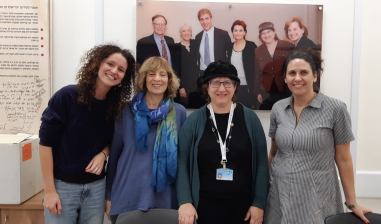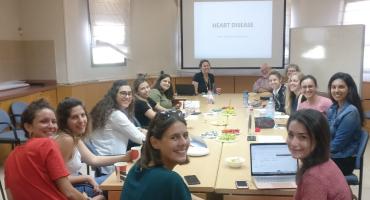In the State of Israel, the Arab community constitutes approximately 20% of the population and experiences poorer health outcomes compared to the Jewish population.
During the initial stages of our research in the field of psycho-cardiology, our laboratory delved into
exploring the cultural differences between Arab and Jewish cardiac patients in terms of their
self-management of illness.
One notable finding from our studies is that individuals from the Arab population are less
likely to participate actively in cardiac rehabilitation programs.
This disparity can be attributed to various cultural, emotional, and systemic factors. For instance, among Jewish patients, we found that the primary determinant of participation in a cardiac rehabilitation and prevention program (CPRP) was the recommendation for CPRP in the hospital discharge letter. On the other hand, among Arab patients, anxiety emerged as the primary predictor.
These findings offer valuable insights and open the door for designing specific, culturally sensitive interventions targeting cardiac patients. Our current research in this particular area focuses on gaining a deeper understanding of the coping behaviors exhibited by Arab women concerning cardiac illness. This population has been historically neglected and understudied.
By addressing the cultural nuances and tailoring interventions accordingly, we aim to bridge the gaps in engagement and promote better outcomes in cardiac care for all individuals, irrespective of their cultural background.






